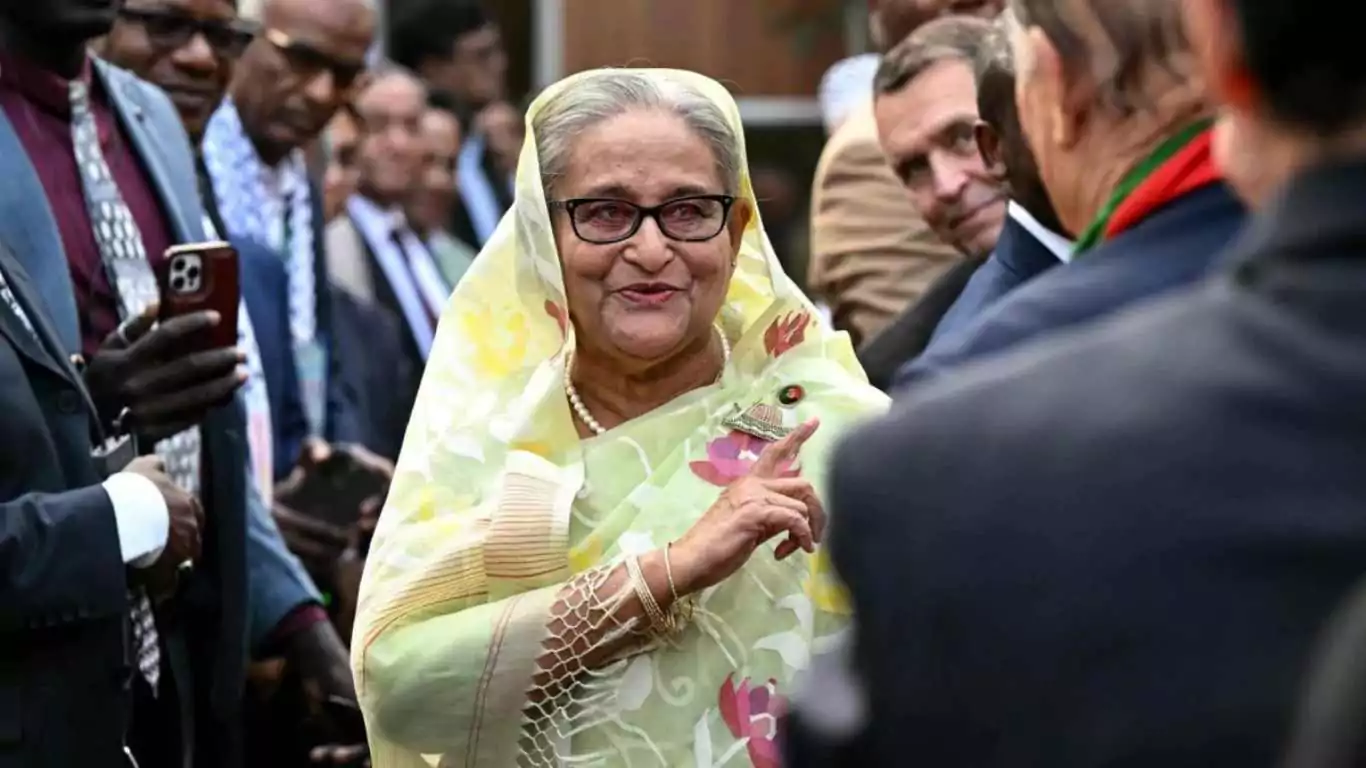In a dramatic turn of events, Bangladesh has officially requested India for the extradition of Sheikh Hasina, the ousted Prime Minister who fled to India in August. Hasina’s abrupt departure followed a mass uprising that ended her 15 years in power, during which student-led protests demanded her resignation, accusing her of leading a corrupt and oppressive regime. The Bangladesh government, now under the interim leadership of Nobel laureate Muhammad Yunus, is seeking Hasina’s return to face charges related to crimes during her tenure, particularly linked to the violent crackdown during the uprising.
According to Md Touhid Hossain, the foreign affairs adviser of Bangladesh, the country has submitted a diplomatic note to India, requesting the return of Hasina for a judicial process. India’s Ministry of External Affairs has acknowledged the receipt of the request but has not provided further details at this stage.
Sheikh Hasina, however, remains defiant. Her son, Sajeeb Wazed, criticized the Bangladesh government’s move in a statement on Facebook, calling the tribunal proceedings politically motivated and a “witch hunt.” He questioned the legitimacy of the judicial process and pointed to the ongoing political unrest in Bangladesh, accusing the regime of using the International Crimes Tribunal to further its political agenda.
The backdrop of this extradition request involves a significant portion of the population that continues to support Hasina, with accusations of extrajudicial killings and illegal incarcerations against the interim government. Thousands of Hasina’s supporters, including former ministers and key figures from her administration, are said to be facing arrest warrants issued by the Dhaka-based International Crimes Tribunal.
For Bangladesh’s interim government, the matter of Hasina’s extradition is not just about legal proceedings but also a symbol of national justice and accountability. The government has promised to bring to trial anyone involved in crimes during the violent uprising, including Hasina and members of her party. Meanwhile, international pressure mounts on Bangladesh to ensure that Hasina receives a fair trial, with organizations like Human Rights Watch calling for a moratorium on the death penalty and reforms to the judicial process.
As the diplomatic tug-of-war continues, the future of Sheikh Hasina remains uncertain. Will India comply with Bangladesh’s request, or will Hasina find refuge in India’s political asylum? This case will likely have wide-reaching implications for South Asian geopolitics and regional relations, particularly between India and Bangladesh.
ALSO READ: Is Bill Clinton Secretly Battling A Deadly Disease? Former POTUS Was Once Hospitalized In ICU




